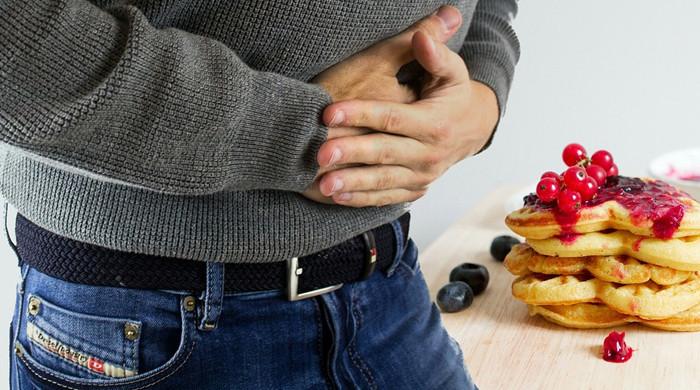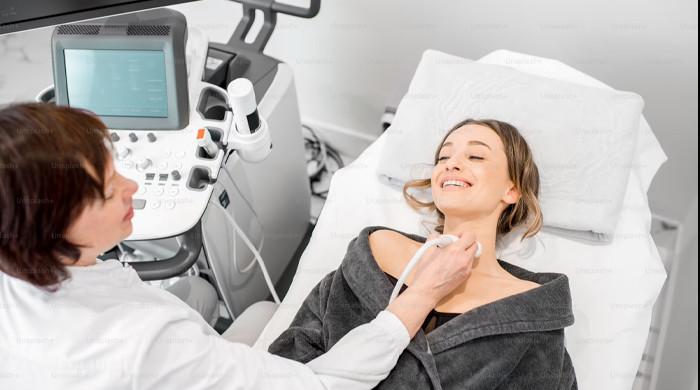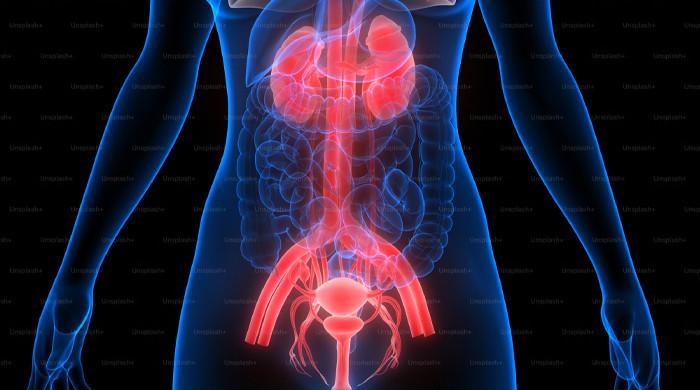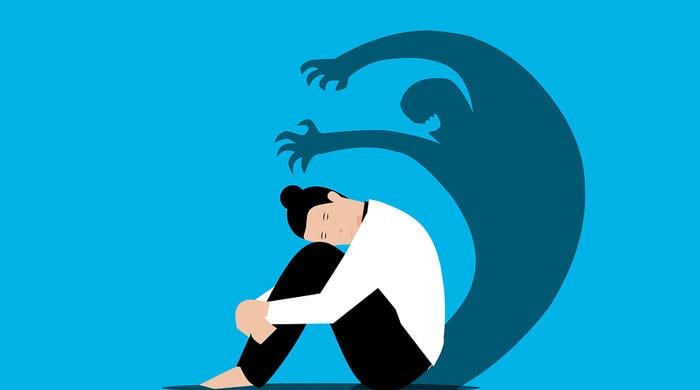Understanding Depression: Overcoming, treatement, signs & symptoms
Depression is a multifaceted condition that affects not only an individual’s mind but also the body and relationships
January 31, 2024
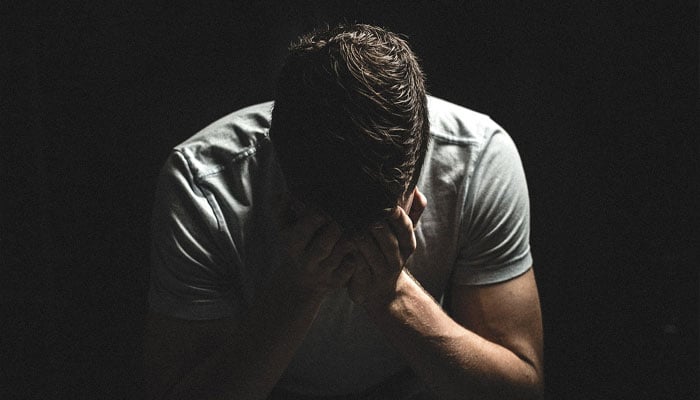
Depression is not simply a loss of interest in things or a feeling of sadness that would go away on its own; it is a mental health disorder that affects every aspect of a person’s life, making it humanly impossible for them to function normally. Depression has an impact on a person’s personal and professional life and becomes a hurdle when seeking happiness and peace.
Some emotional and physical signs of depression include:
- Feeling sad all the time
- Feeling like there's no hope
- Not feeling good about yourself
- Changes in eating habits or weight
- Having stomach problems like constipation
- Having random body pains
- Feeling really tired all the time
- Not wanting to hang out with friends or do things you enjoy
- Forgetting about hobbies you used to love
- Having trouble with work, home, or family life
Can Depression Make People Sick Physically?
A common question regarding depression is whether it can make you sick, and the answer to it is yes.
While depression is a mental health issue, its repercussions extend to physical health. It can directly influence digestive system, weaken immune system and leave individuals susceptible to a variety of illnesses. People suffering from depression may also develop cardiovascular issues and chronic pain.
People with depression often struggle to perform even the simplest of tasks like getting out of bed, eating, or simply taking a shower. They may remain in one place for hours, lacking the energy to move. It often leads to impaired concentration and decision-making, resulting in decreased productivity and self-esteem too.
How Does Depression Affect The Brain?
Over the years, studies have shown that depression changes brain structure and function. It affects the neurotransmitter levels, eventually affecting the mood of the individual. If the condition’s not treated, it shrinks the hippocampus, a part of the brain responsible for memory and learning.
For those experiencing depression, it may feel like they are surrounded by darkness or under an overwhelming weight of pressing down on them. It steals the joy and happiness from their lives and leaves them to rot in a dark tunnel with no light at the end. They have no hope for the future and the constant anxiety rips them the courage to ask for help.
Effects of Depression On Relationships:
Depression does not just impact an individual’s daily life; it affects their daily routine, personal and professional relationships, leading to a life of isolation. It causes feelings of sadness, withdrawal, irritability and a fear of the unknown, which sooner or later affects their relationships.
The communication gap between the individual, their family members, or friends, along with a lack of understanding about the illness, can give birth to misunderstandings as well, leading to conflict and a further isolation.
Can Depression Be Cured?
But can it ever be cured or go completely away? While there is no definitive answer, there is no hope. Depression is treatable, but one needs to be persistent in their quest of getting rid of this mental health disease. Therapy, medication, and support from family and friends can do wonders for individuals with depression.
Can Depression Be Chronic?
As for reoccurrence, depression can be a chronic condition for many. But still, the condition is manageable. Learning coping strategies, developing resilience, and seeking ongoing support can prevent relapse.
Keep a check on your loved ones
And while it seems hard to ask for help, it is really important for people to confide in their loved ones so that they may help them understand their condition. Similarly, it is everyone’s responsibility to keep a check on their family and friends and reach out to them in case they are experiencing depression.




